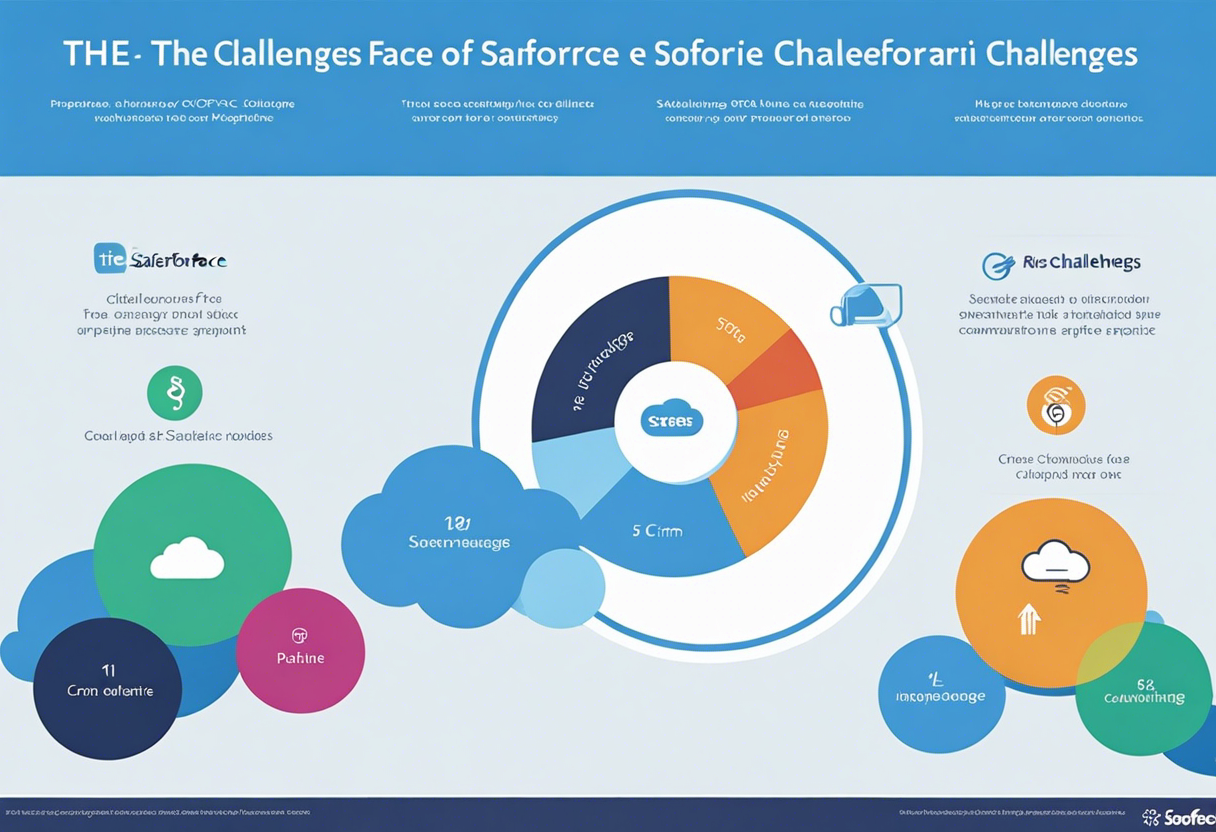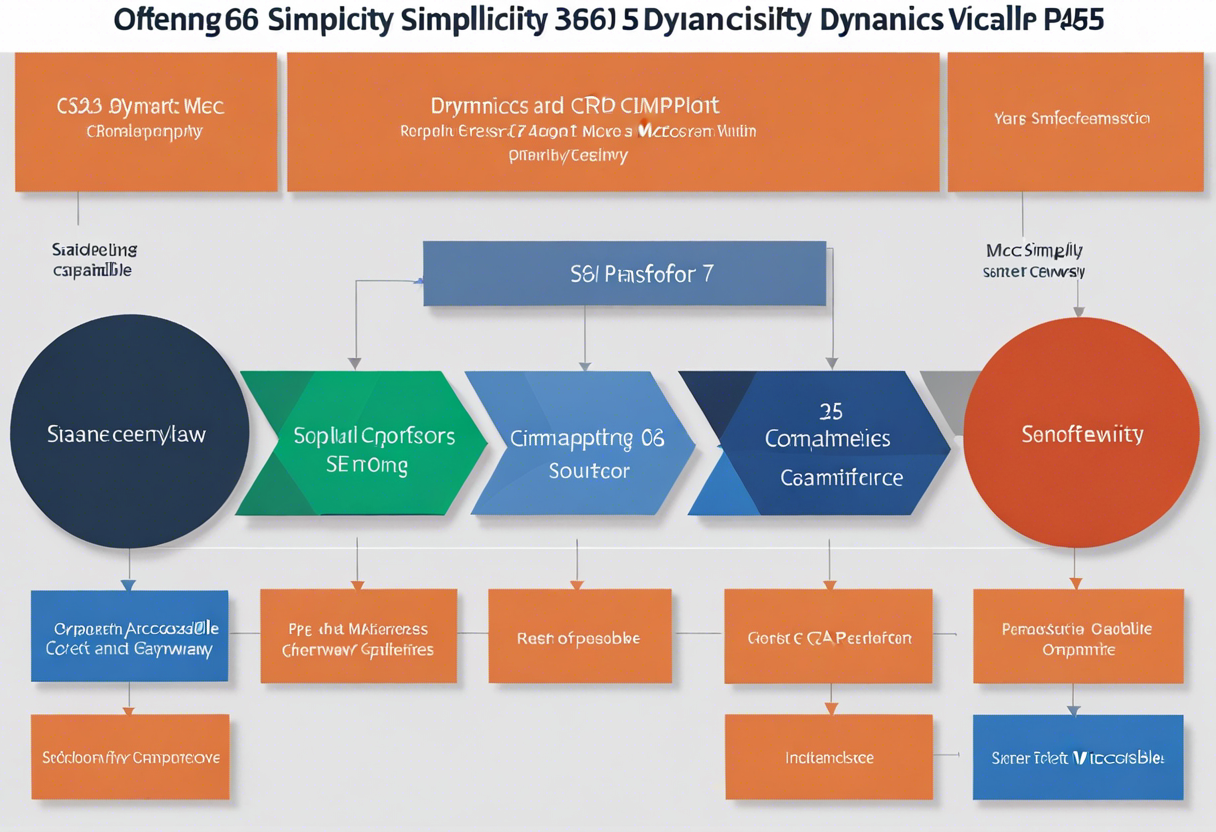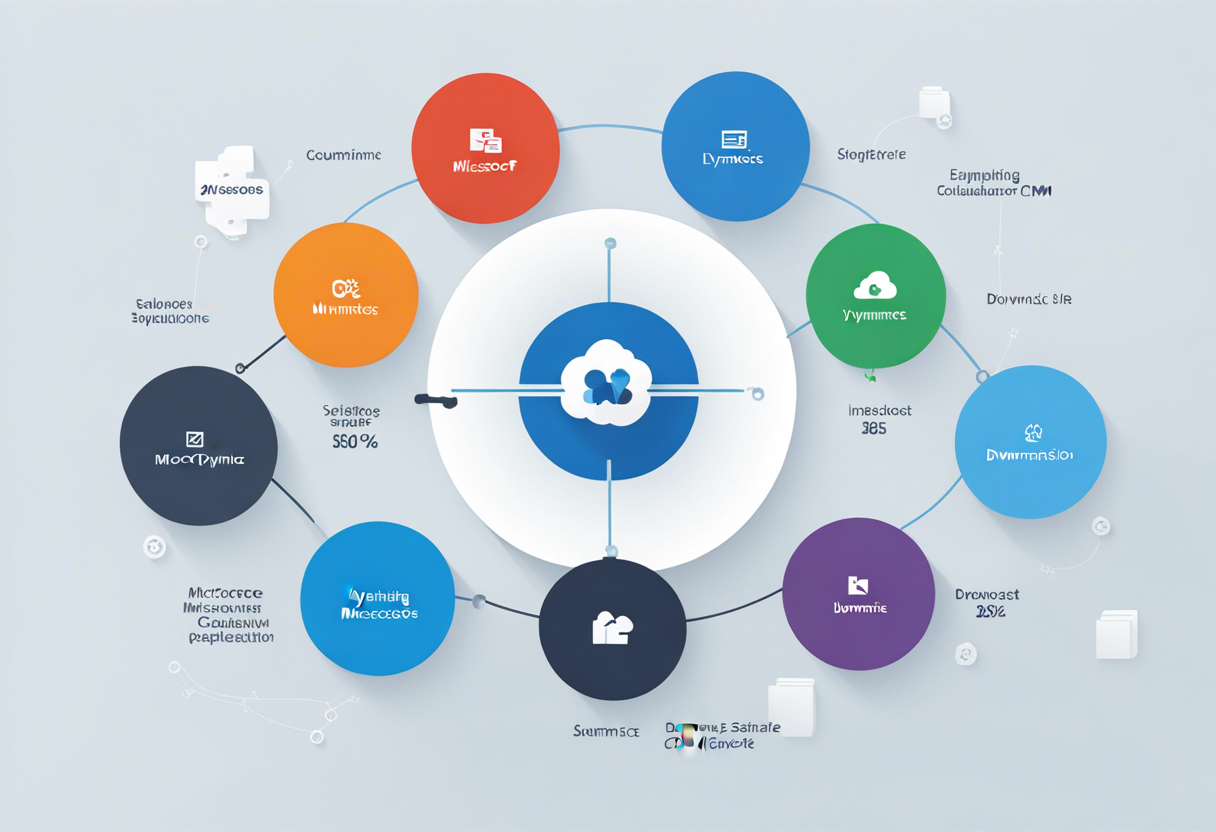Dominating the Marketplace: An In-depth Guide on Top 3 CSM Vendors
Initiating this exploration of dominant customer relationship management (CRM) providers, we begin with Salesforce, an entity that has made a name for itself in the industry. Salesforce commands a hefty share of the market due, in large part, to its comprehensive range of features and advanced AI technology.
One of Salesforce's major draws is its highly customizable nature. Companies can tailor its services to their unique needs, from basic sales and marketing functions to advanced customer service and analytical capabilities. Considering its wide-reaching capabilities and flexibility, Salesforce emerges as a predominantly user-friendly and adaptable platform.
Salesforce’s success isn't purely due to its flexible platform. It's also a result of their proactive approach to embracing cutting-edge technologies. By integrating artificial intelligence into its platform with Salesforce Einstein, the company empowers businesses to predict their customers' future behaviors, enhancing their ability to foster customer loyalty.
With its comprehensive suite and innovative enhancements, Salesforce is a force to be reckoned with in the CRM market. Yet, does its success imply infallibility? This is a question that leads us into the next slide, where we delve into the challenges faced by Salesforce, providing a balanced overview of this market leader.
The Challenges Salesforce Faces

Despite Salesforce's advantages, it’s not without challenges. Comprehending these hurdles is crucial for businesses considering this CRM giant for their operations. The first pitfall that many companies point out is Salesforce's complicated interface. Despite its user-friendly claims, new users often struggle navigating its abundant features.
Pricing is another bottleneck with Salesforce. While Salesforce offers a wide range of capabilities, it does so at a steeper price compared to other CRM providers. For SMEs with budget constraints, this could turn out to be a roadblock.
Furthermore, Salesforce's advanced features can sometimes be overwhelming. For businesses with simpler CRM needs, the extensive offerings may unnecessarily complicate their operations, driving them towards simpler, more streamlined platforms. With this, one may question: are there CRM solutions in the market that concisely address these challenges? Let's explore further in the following slide.
Offering Simplicity and Affordability: Microsoft Dynamics 365

Enter Microsoft Dynamics 365 - the CRM solution from the tech titan Microsoft. Popular for its simplicity, cost-effectiveness, and integration capabilities, Microsoft Dynamics 365 stands as a strong competitor for Salesforce.
Ease of operation is a major selling point for Microsoft Dynamics 365. Equipped with a user-friendly interface and easier learning curve, it offers businesses a more accessible gateway into the world of CRM.
Another key advantage lies in Microsoft Dynamics 365's pricing. Offering a more cost-effective solution, particularly for SMEs, it provides comparable features to Salesforce but at more affordable pricing structures. The integration of Microsoft Dynamics 365 with other Microsoft tools proves a significant advantage for businesses already leveraging Microsoft’s suite of services., establishing a seamless workflow.
Finally, it's important to critically analyze Microsoft Dynamics 365 to attain a comprehensive understanding of its strengths and weaknesses, which paves the way towards our final slide.
Evaluating the Downsides of Microsoft Dynamics 365

Just like Salesforce, Microsoft Dynamics 365 is not without its shortcomings. The main area where it tends to lag behind is its reporting and analytical functions. Salesforce, with its Einstein AI, provides far superior analytical insights,.
Another challenge is the level of customization. While Microsoft Dynamics 365 offers customizability, it lacks the depth offered by Salesforce. This could be a constraint for businesses seeking a highly tailored CRM solution.
Integration with non-Microsoft tools is another area of concern. While the platform integrates well with Microsoft's suite, it falls short when integrating with third-party tools. This could pose challenges for businesses leveraging tools outside the Microsoft ecosystem.
From this, it's apparent that choosing the right CRM solution depends on specific business needs and circumstances. Both Salesforce and Microsoft Dynamics 365 offer compelling CRM solutions and understanding the strengths and weaknesses of each is paramount to making the right decision.